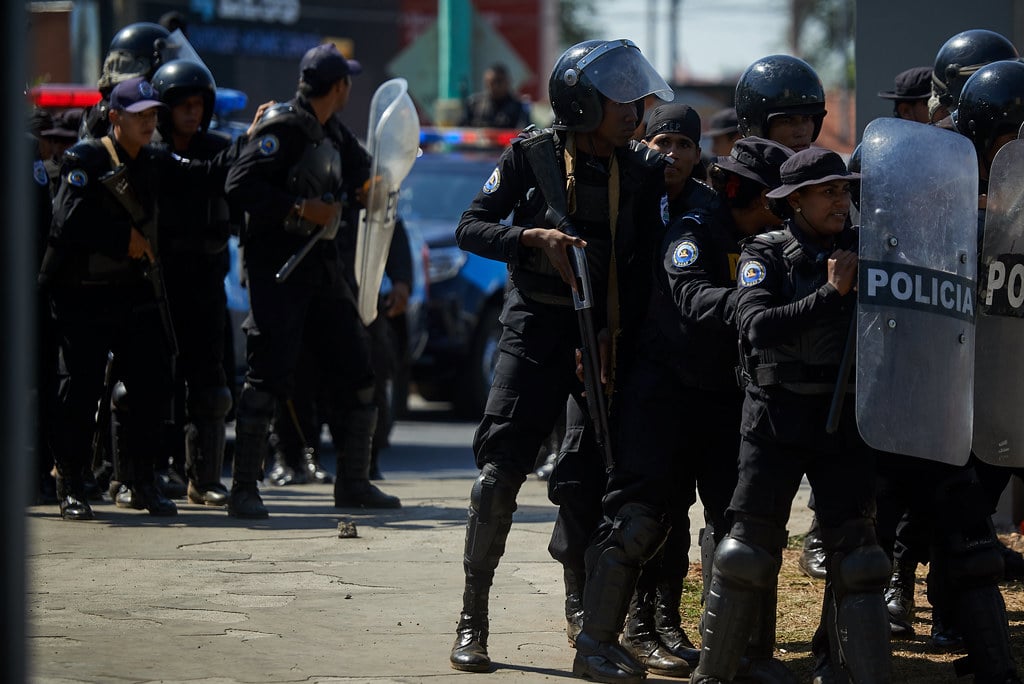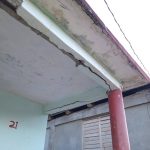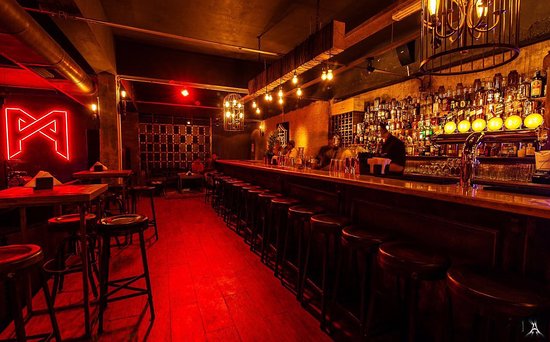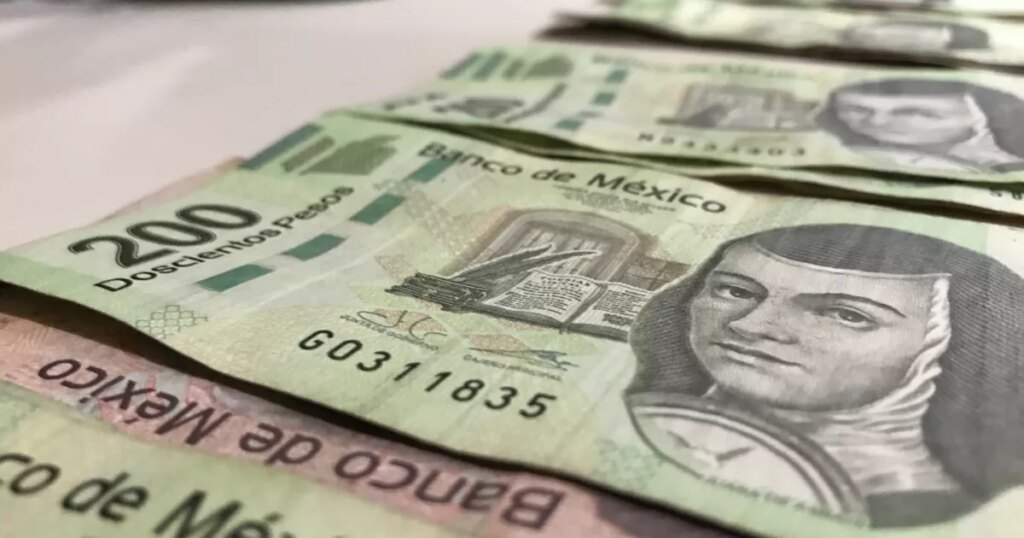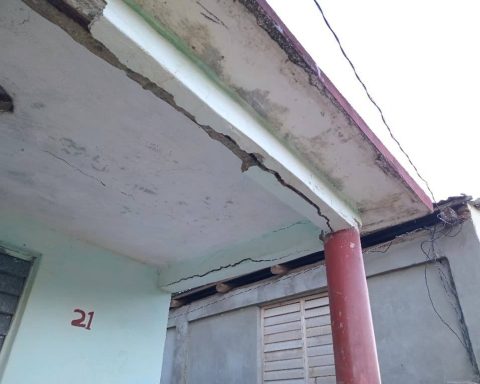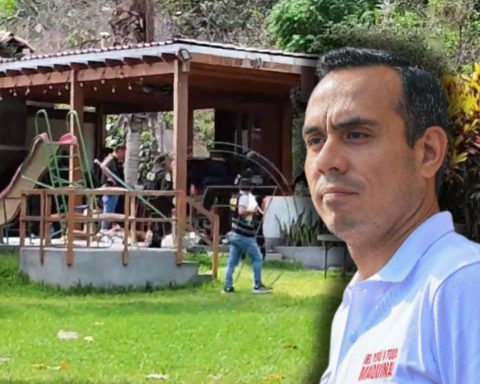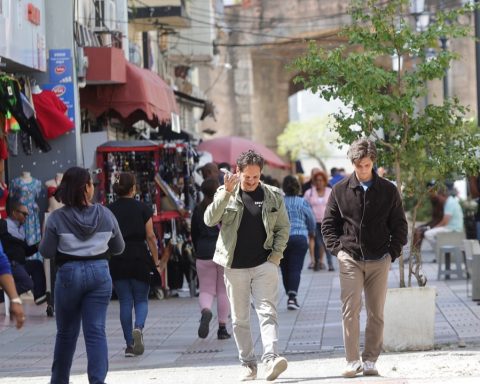Nicaragua is the “least peaceful” country in the regionaccording to a study on well-being, prepared by the Center for Transdisciplinary Studies of Central America (Cetcam), a space for thought made up of Central American researchers from different disciplines.
“Since 2018, Nicaragua has seen its climate of social peace deteriorate, according to the Global Peace Index, which operates to the detriment of security, cohesion and the collective trust necessary for human development and social progress,” said the study, called “The uncertain well-being, economic cycle and quality of life in Nicaragua 2018-2021”.
The study was based on the economic effects of the social outbreak in Nicaragua in April 2018 and the reasons why the country shows a modest performance.
Among other aspects, Cetcam indicated that from 2017 to 2021 Nicaragua fell from position 74 to 130, out of a total of 163 countries, in the Global Peace Index, as a result of a crisis that affected the country’s economy.
“The sociopolitical crisis that began in April 2018 is the trigger that makes Nicaragua go from a growing economy to one in recession”, explained Cetcam, which cited the contraction of three consecutive years, with falls in gross domestic product (GDP) of -3.4% (2018), -3.8% ( 2019) and -1.8% (2020).
GDP growth at 10.3% shown in 2021 was not attributed by Cetcam to a boom in the Nicaraguan economy, but rather to a rebound effect, which for the World Bank reached 5.5% and for the Economic Commission for Latin America and the Caribbean (ECLAC) it reached 7.4%.
Increase in state violence
“The loss of social peace leads to an economy that does not work well institutionally. It reflects the escalation of the social conflict, making the country evidently ‘less peaceful’. This variation is consistent with the increase in the use of state violence from the events that began in 2018, in their different modalities and gradations,” the report said.
For the Cetcam, the lack of tranquility in Nicaragua was also reflected in the number of exiles registered by the main receiving countries, such as Costa Rica, the United States, and Spain, which went from 27,726 asylum applications in those three countries after the outbreak in 2018, to 141,686 in 2021.
In total, 237,208 Nicaraguans have requested asylum in these three countries in the last four years, not including Nicaraguan exiles living illegally nor those who were arrested or returned to their country.
Other factors that had a negative impact on the Nicaraguan economy were the tax and pension reforms in 2019, as well as the health emergency caused by covid-19 and hurricanes Eta and Iota in 2020.
A difficult country to do business
Despite this, the Government reported unemployment levels of between 5.6% and 4.5% between 2019 and 2021, “surprisingly close to an ideal state of full employment according to macroeconomic theory,” Cetcam highlighted.
“It is not so easy to do business in Nicaragua”highlighted the study, based on the Doing Business index, which in 2014 placed the country in position 112 and in 2019 in 142 of its world ranking.
Other studies cited by Cetcam did not show an ideal situation either, since in the Corruption Perception Index Nicaragua went from 151 to 164 place between 2017 and 2021, and in the Social Progress Index it fell from 81 to 108 position in the same period.
Additionally, “the sustained increase in the total cost of the basic basket of 53 products is one of the factors that has eroded the purchasing power of Nicaraguans,” Cetcam pointed out.
